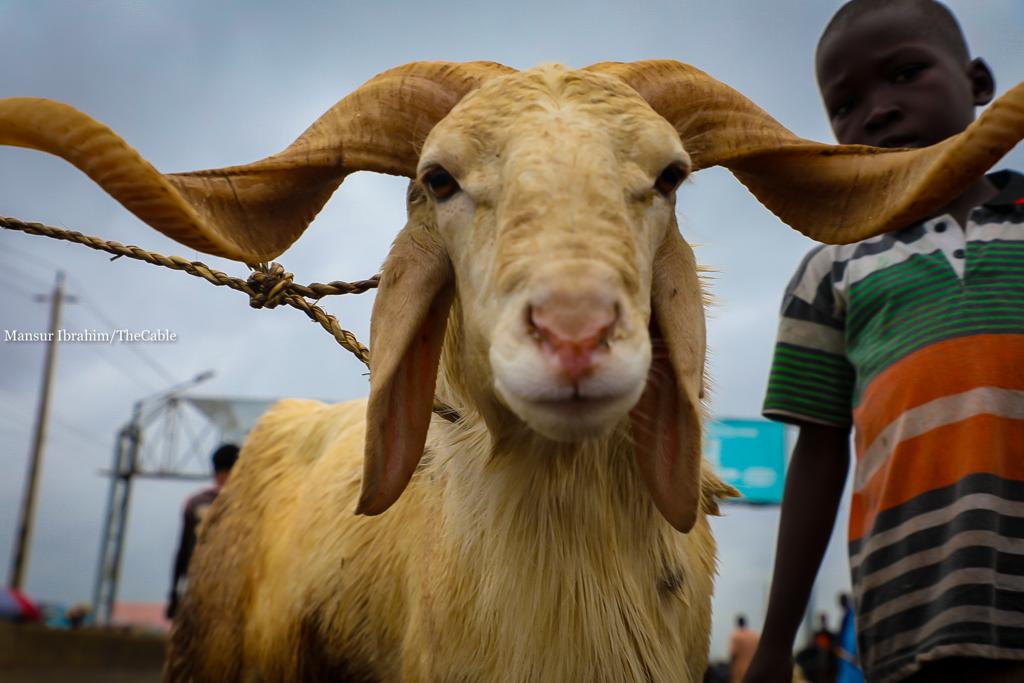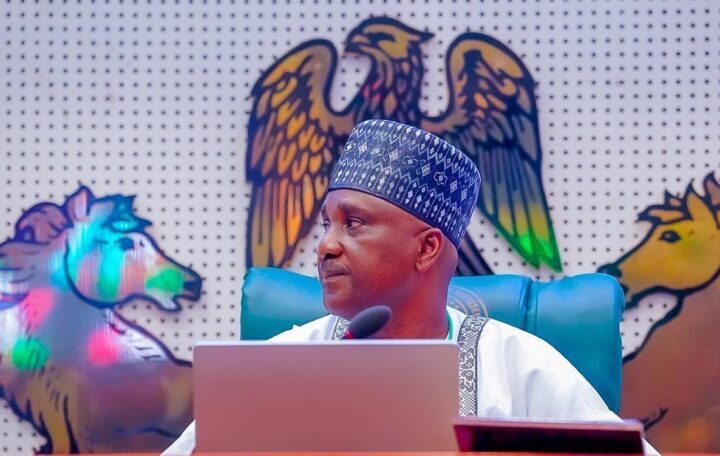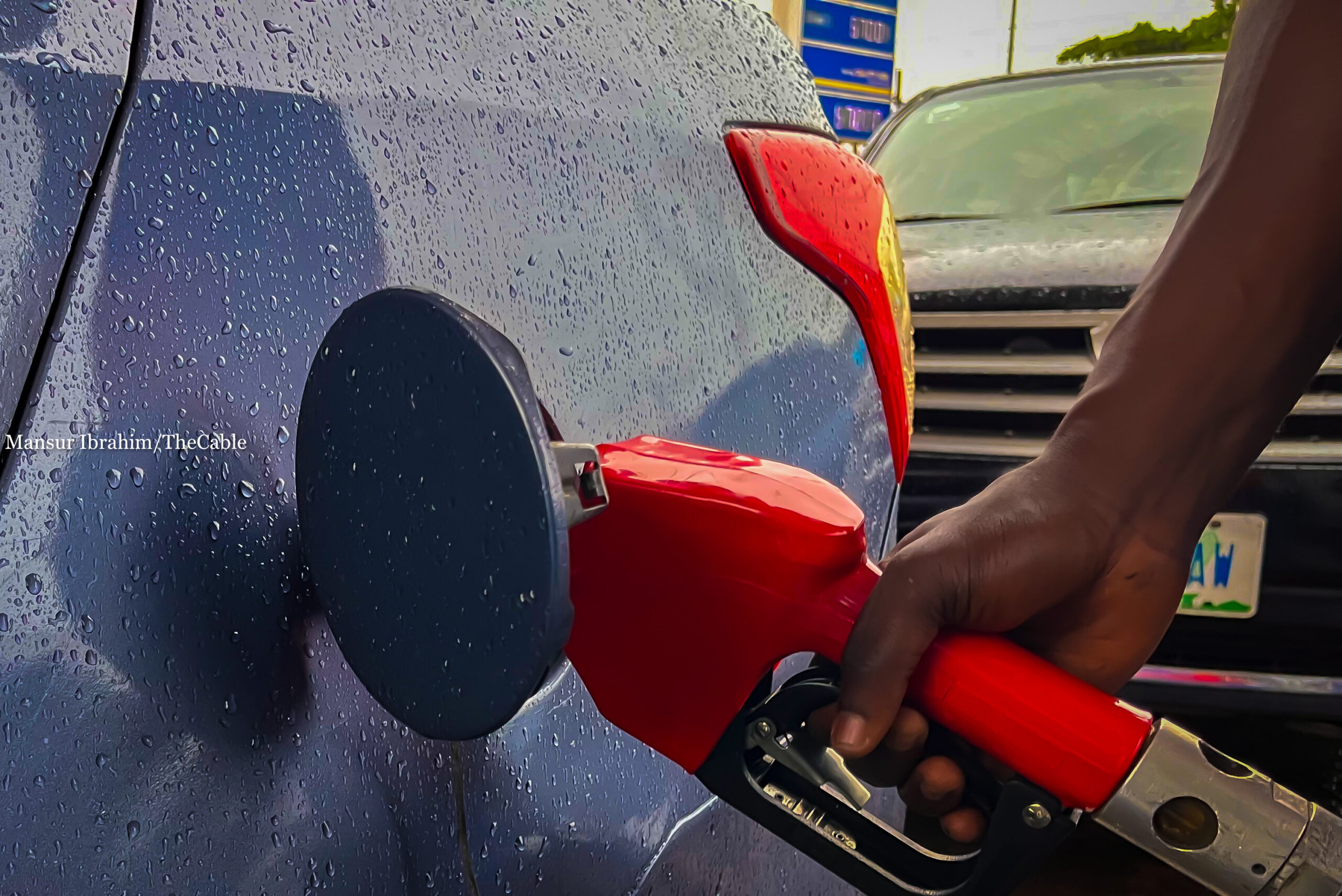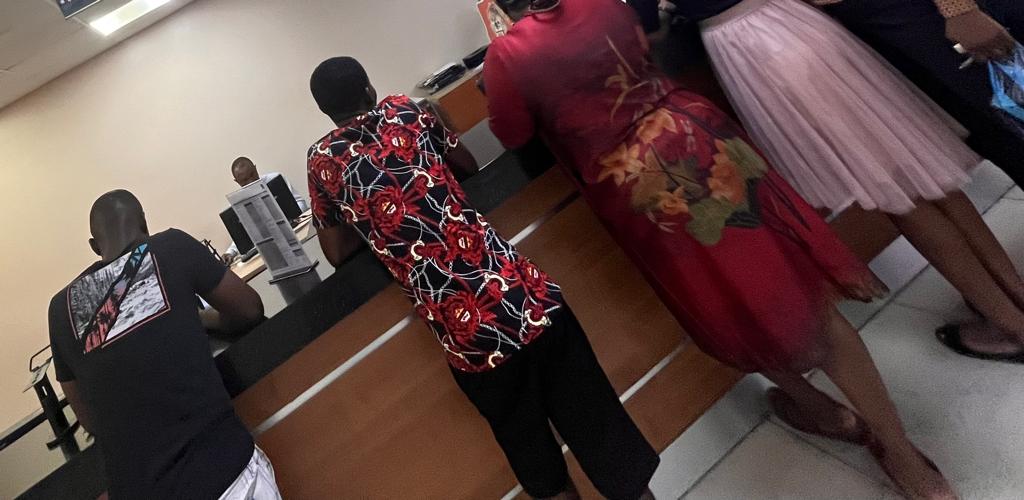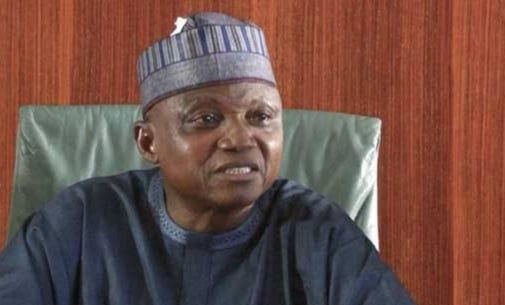A ram and a 'rope boy' gaze at the photographer's lens at Mangoro ram market, Agege. Lagos
In this year’s Eid-al-Adha, popularly known as Sallah, Muslim faithfuls are not ecstatic about shopping for rams amid the prevailing economic realities ushered in by recent government reforms.
Rams play a symbolic role during Sallah celebrations, transcending beyond the ‘festival of sacrifice’ — a major ritual among believers that requires the slaughtering of a ram.
For Muslims, Eid al-Adha commemorates prophet Ibrahim’s readiness to sacrifice his son in order to demonstrate his dedication to God.
The celebration is the second significant religious festival in Islam, with the first being Eid al-Fitr, which marks the end of Ramadan.
Advertisement
In Nigeria, owning a ram during this period adds to the mix of exciting activities as the animals sometimes provide entertainment in the form of ‘ram fights’ days before they are slaughtered.
These ‘ram sports’ usually attract a crowd of spectators similar to those found in actual sporting centres in some parts of the country.
But as prices continue to outpace disposable income following the removal of the petrol subsidy policy and reforms in the foreign exchange market, not all Nigerians will attract the spectacle of ‘owing victorious ram’ nor participate in the ‘festival of sacrifice’ this year.
Advertisement
Speaking with TheCable reporters in various markets in Lagos, Ogun, and Abuja, traders and buyers shared unpalatable experiences as ram shopping took a different turn from previous years.
‘MARKET IS QUITE SLOW’
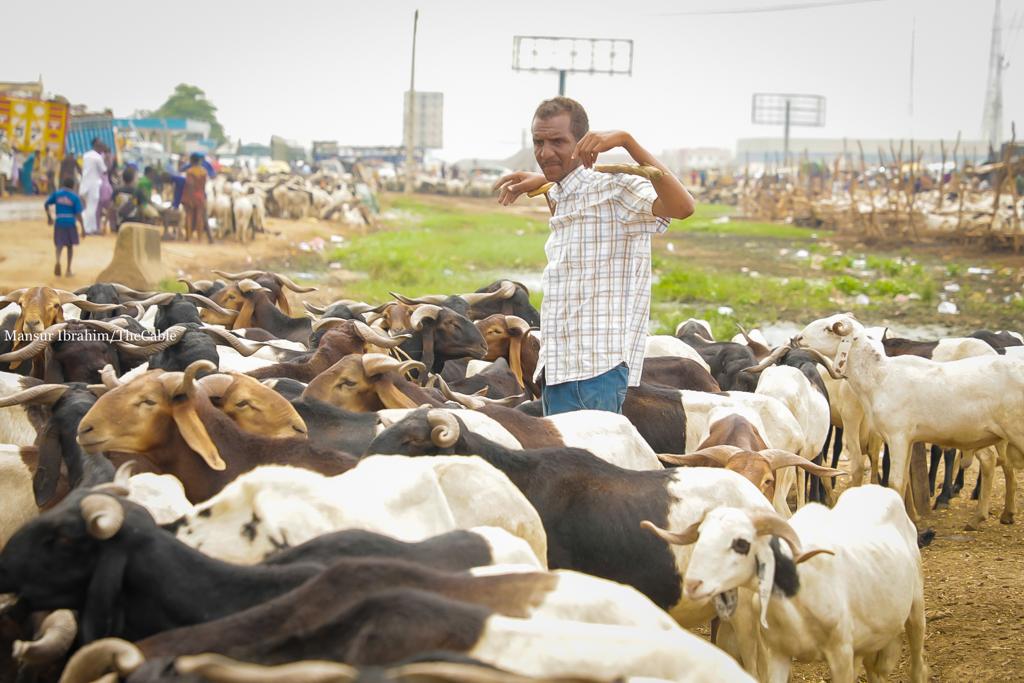
Abubakar Mohammed, a trader in Isheri, Kara market, Ogun state, said the level of patronage is low compared to last year, blaming “the lack of money” in Nigeria.
“The market is not active because people are not patronising, customers are little but we are praying to the Almighty Allah to make things better before the celebration. Due to the lack of money now in the country, it’s a bit poor,” Mohammed said.
Advertisement
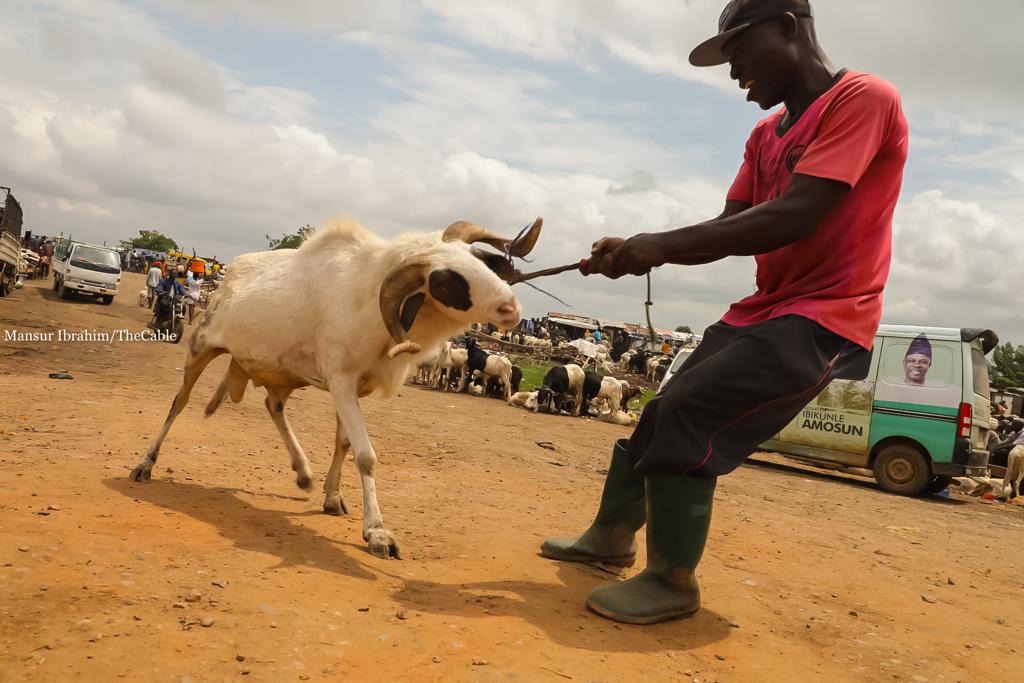
Mohammed said patronage was so high last year that traders ran out of livestock, despite the surge in the prices of goods.
But this year, he said, the prices had to be brought down for sales to be made.
“The livestock we sell for the rate of N150,000 now goes for N100,000 or N110,000. Also, the cost of transportation is very high. So, we are trying to make sure we do our possible best so that our customers can celebrate this year’s Sallah,” he said.
Advertisement
The trader noted that transporting livestock from “Maduiguri to Lagos is now between ”N1.4 million to N1.5 million”.
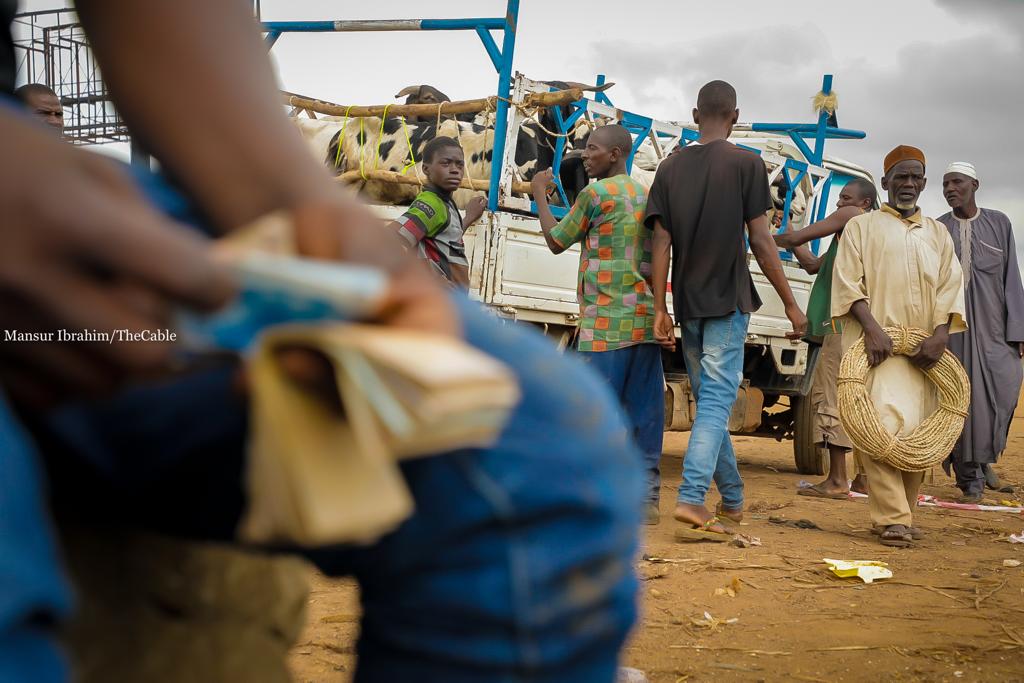
Mallan Mohammed, another trader in the market, told TheCable that fuel cost has been a major hindrance to his business.
Advertisement
“This year’s market is not good at all. The people that came to buy kept claiming there is no money. They were also blaming the cost of transportation,” Mohammad said.
“I transported from Borno to Lagos for N1.3 million this year compared to last year when I spent N400,000 to transport my goods but now things have become too costly.
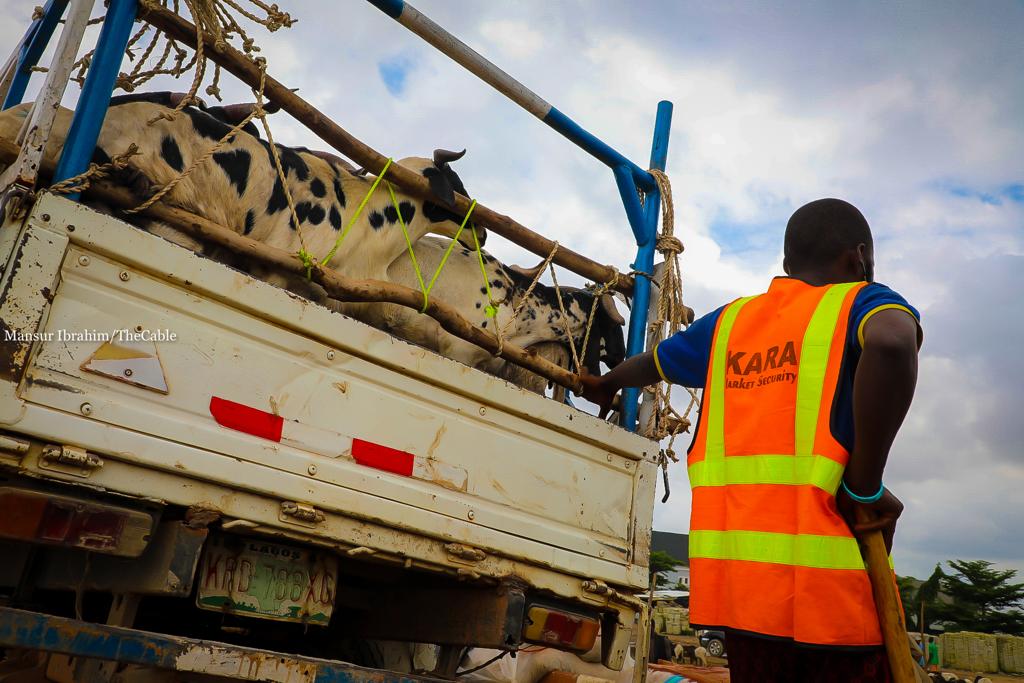
“Also, the cost of the feed is another thing to worry about. This year, a pack of food is between N9,000 and N8,000 but we bought these things for N3,000, N3,500 last year. The market sold out so quickly last year but we will keep praying that we have customers before the season ends.”
Advertisement
For Salisu in a market in Agege, the narrative is the same.
Unlike last year when traders were almost sold out before Sallah, he said, “we are still awaiting buyers” [as of Monday].
Advertisement
“We do not have the prices as high as before as we sell the least for N80,000, while the highest we have is about N150,000,” Salisu added.
‘THINGS JUST BECAME WORSE’ — BUYERS LAMENT
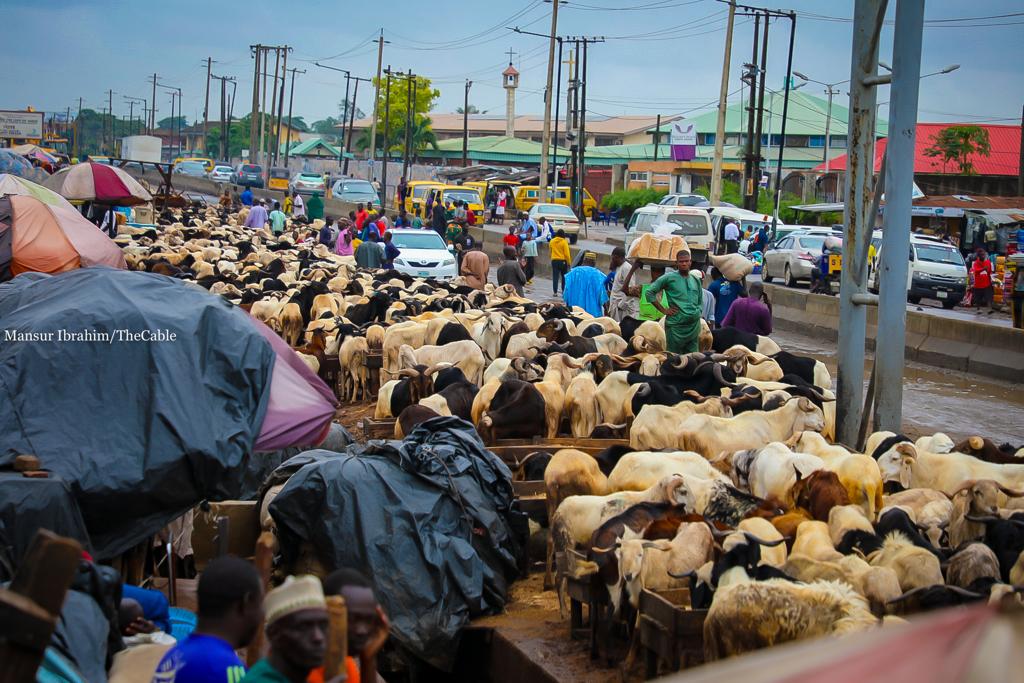
While sellers were forced to reduce their prices due to low patronage and other factors, buyers complained bitterly about the prices being high.
A source told TheCabe it was quite tough purchasing a ram as the cost of the ram has doubled.
“I spent over N700,000 buying three rams unlike last year when I spent just N300,000 to purchase the same number of rams,” the buyer said.
Mallam Abdullateef, another buyer, said the price of each ram skyrocketed. He said the prices have never been this high since 2015.
“From 2015 till now, the difference between the prices is over 300 percent. Usually every year, the prices of these livestock appreciate minimally but this time around, it became worse. Imagine the price of ram being as high as N400,000, it’s ridiculous. How would people celebrate the festive period?” he said.
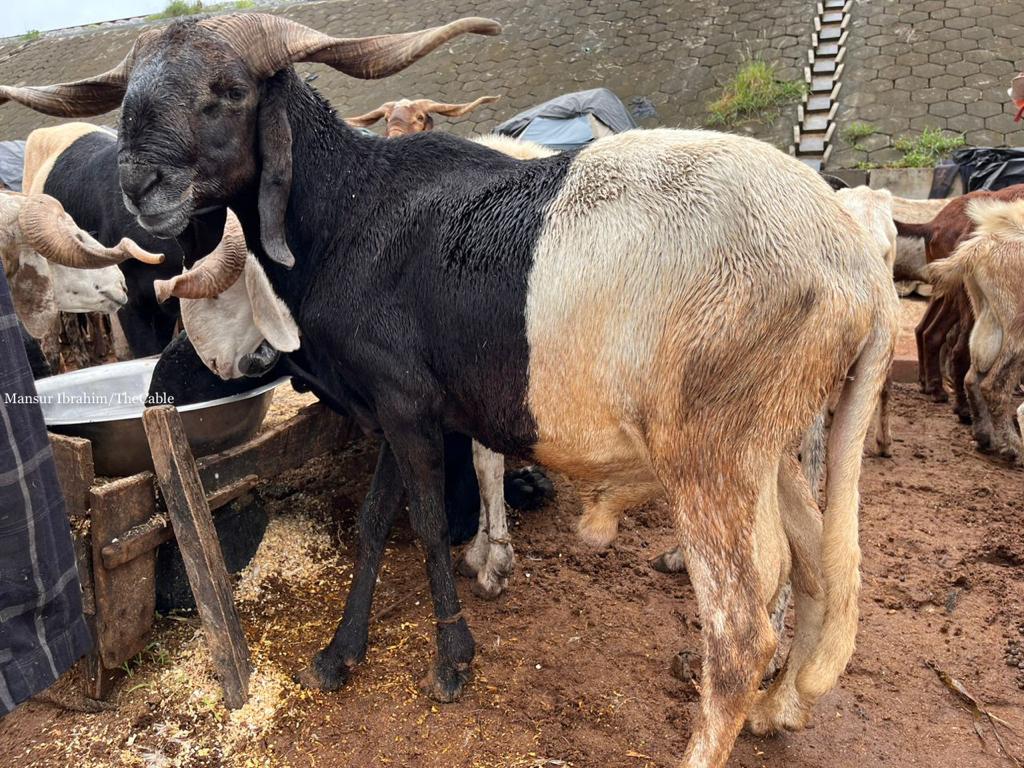
‘WE NEED BETTER POLICIES TO MAKE GOODS CHEAPER’
Abdullateef begged the government to introduce policies that would alleviate the sufferings of the people.
Specifically, he said the federal government needs to come up with better policies that would lead to cheaper prices of goods and services.
“For example,” he said, “in terms of transportation, they should remove all touts and stop them from collecting money from transporters.”
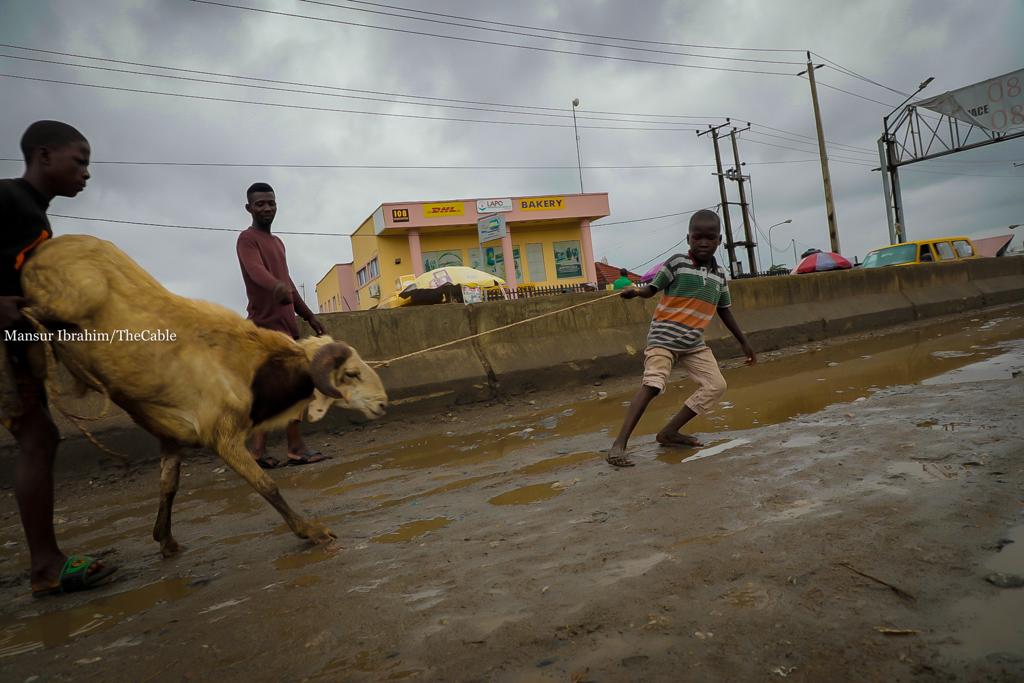
“Since the government has removed petrol subsidy, then they should also remove these touts from transporters so that the risks/bills would not be shared amongst passengers. Then they should stop those collecting money from the roads, especially from those bringing goods from places as far as Kano to Lagos, you can imagine how much they have to pay.”
In Abuja, TheCable observed a similar situation as buyers decried the increase in prices of rams, while traders highlighted reasons for the increment.
Buyers in Bwari and Kuje markets said most sellers attributed the high cost of the livestock to subsidy removal.
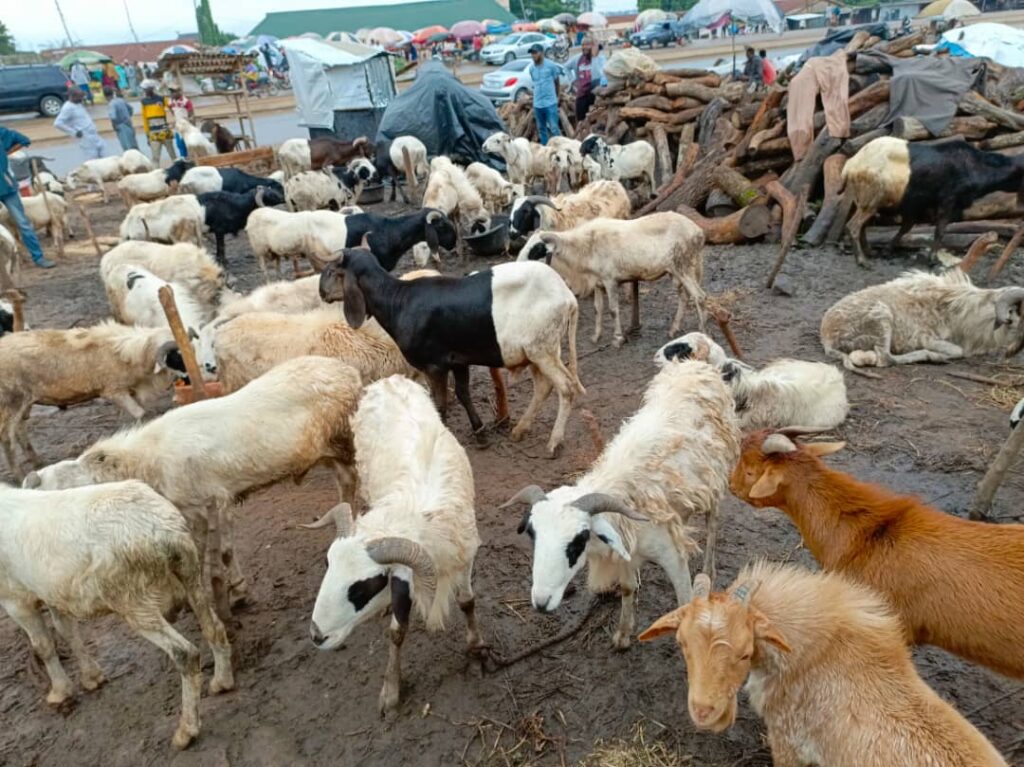
According to one Umar (not real name), the “smallest ram is sold for N100,000, compared to the previous year when they were bought for N70,000, while bigger ones sometimes go for as high as N250,000. This is the same ram we got in 2022 for N140,000 to N160,000″.
Another buyer in Kaduna told TheCable that some people prefer to buy rams from markets in Sokoto and Zamfara where they are cheaper.
He, however, said rams are being sold between N100,000 and N150,000 in Kaduna.
Below are some pictures from the markets visited.
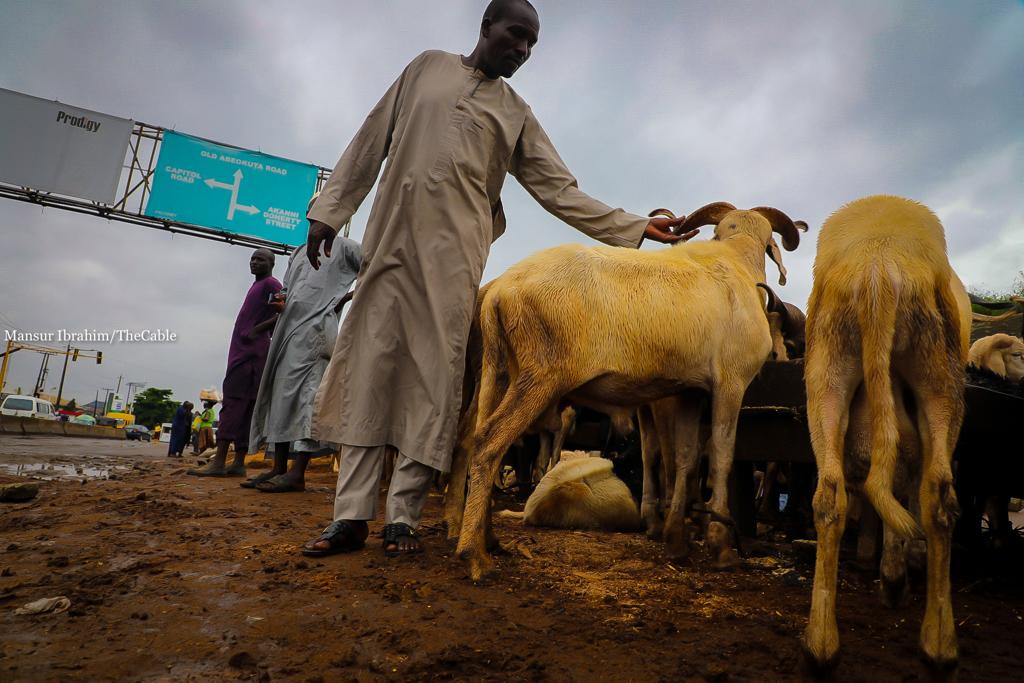
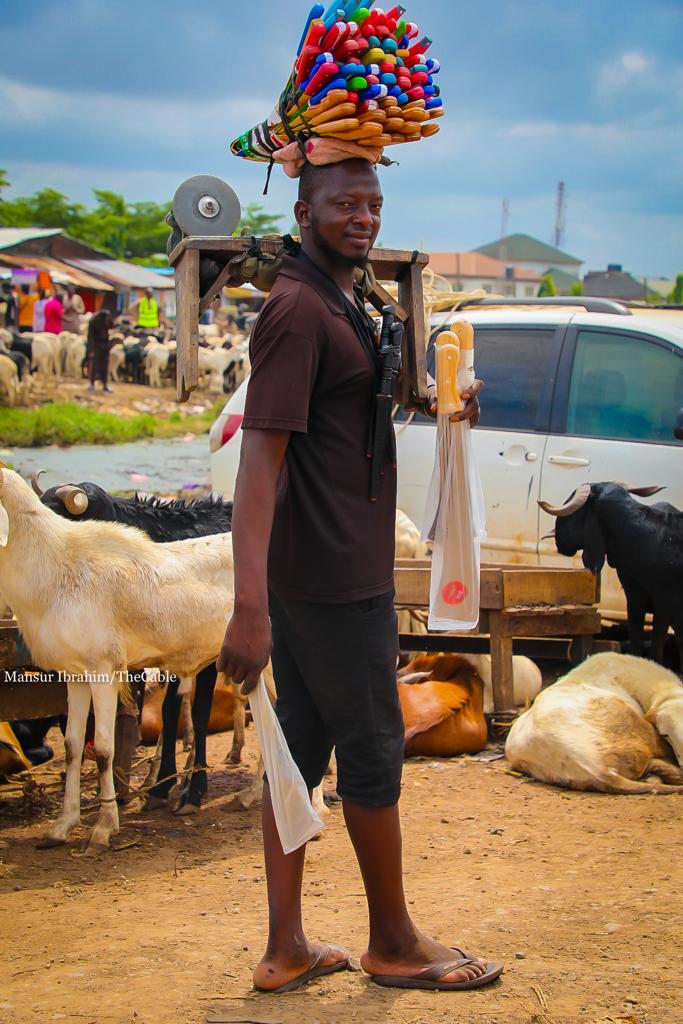
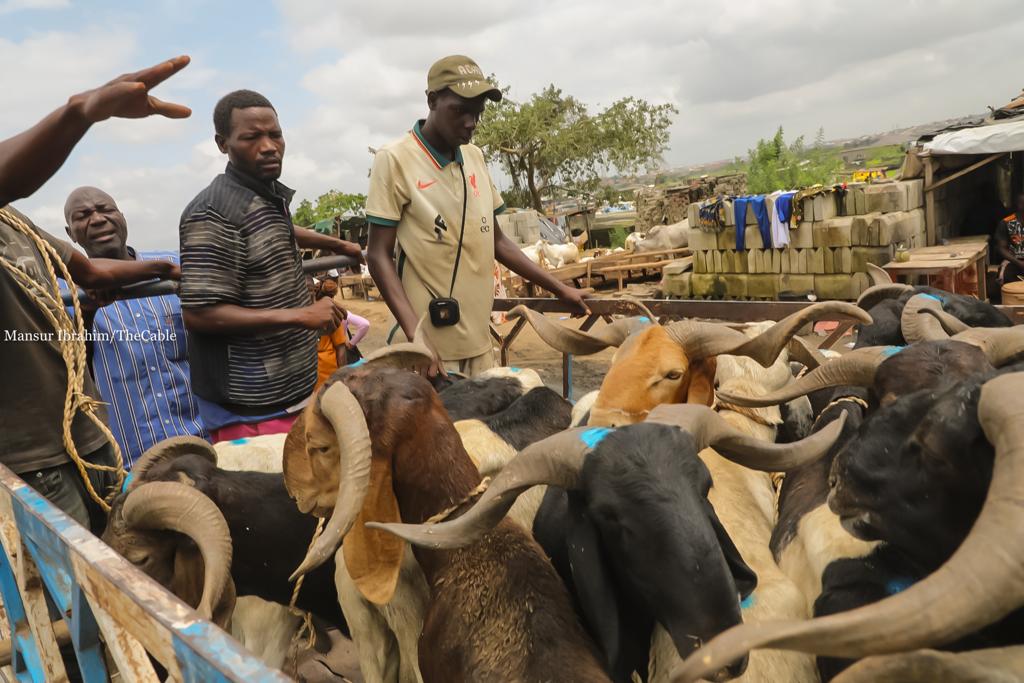
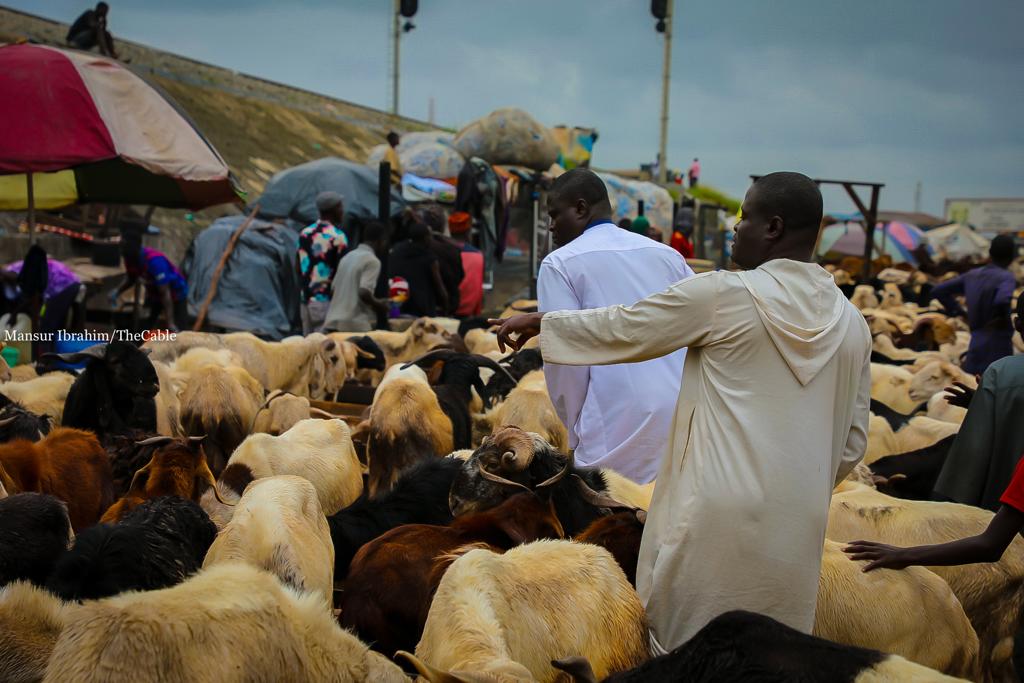
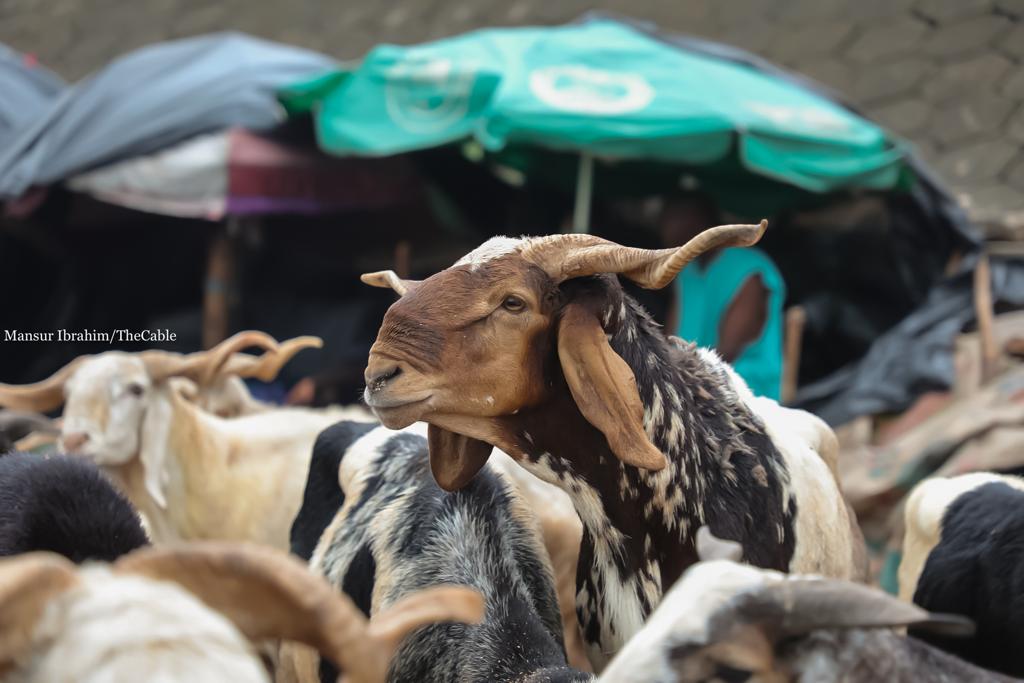
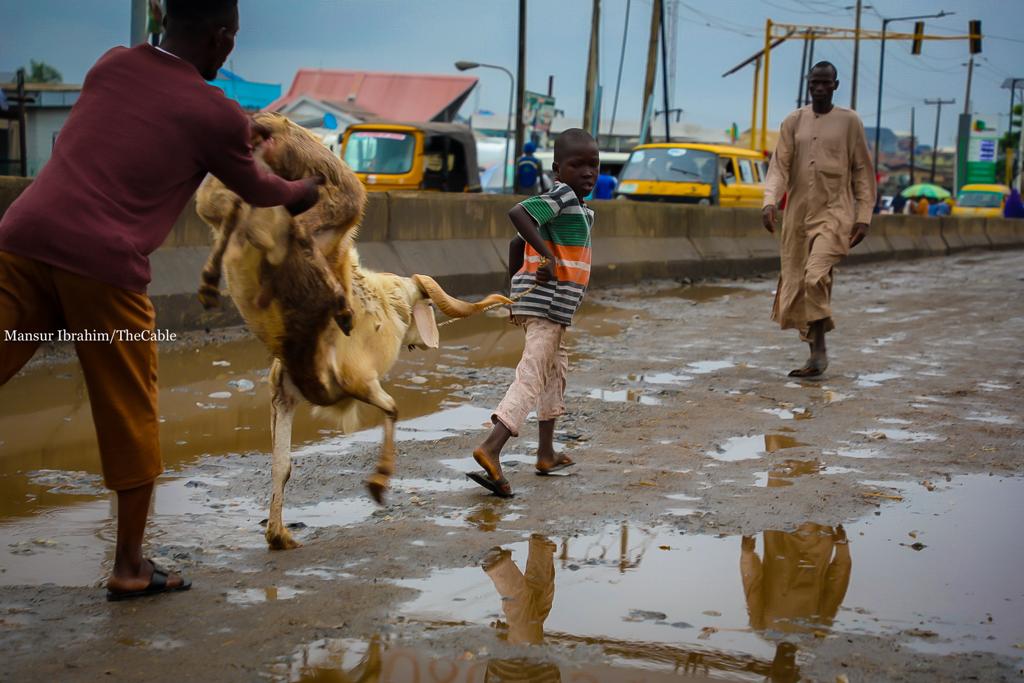
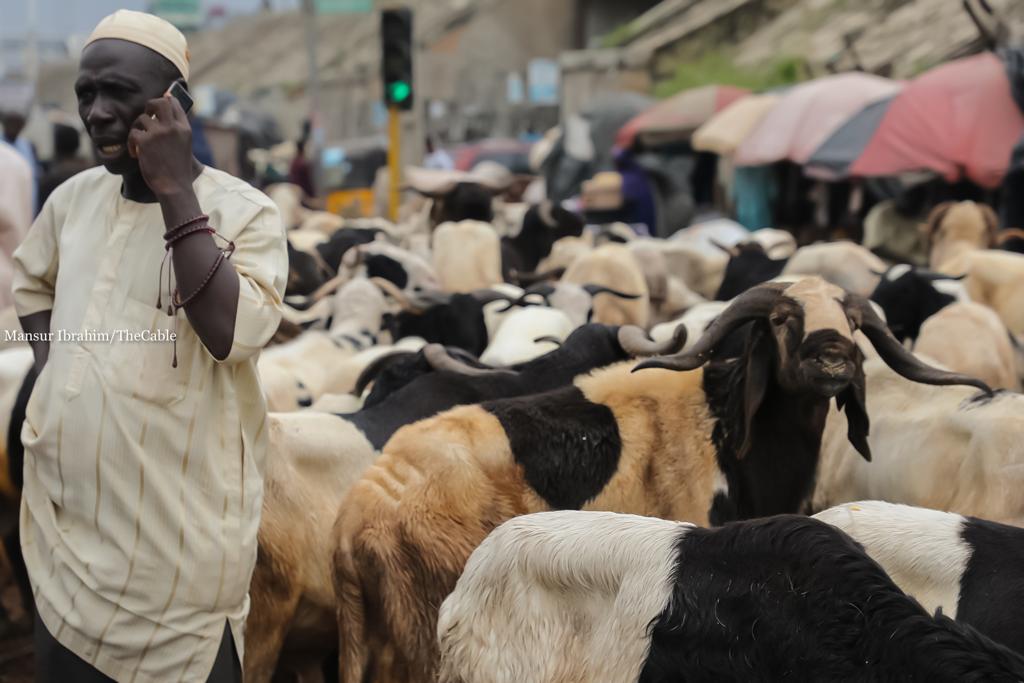
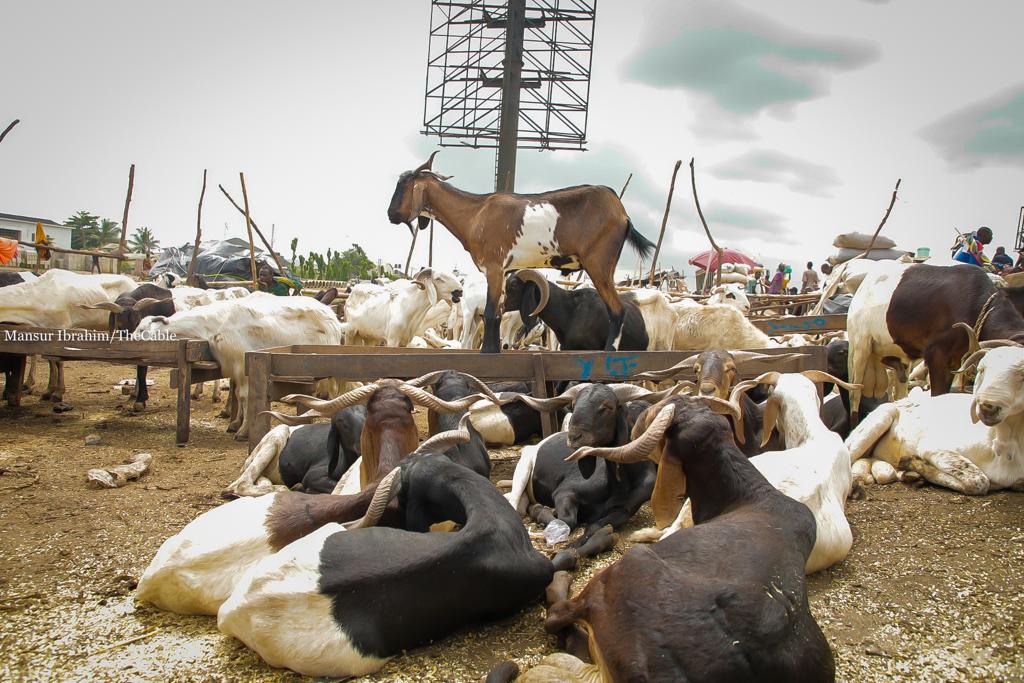
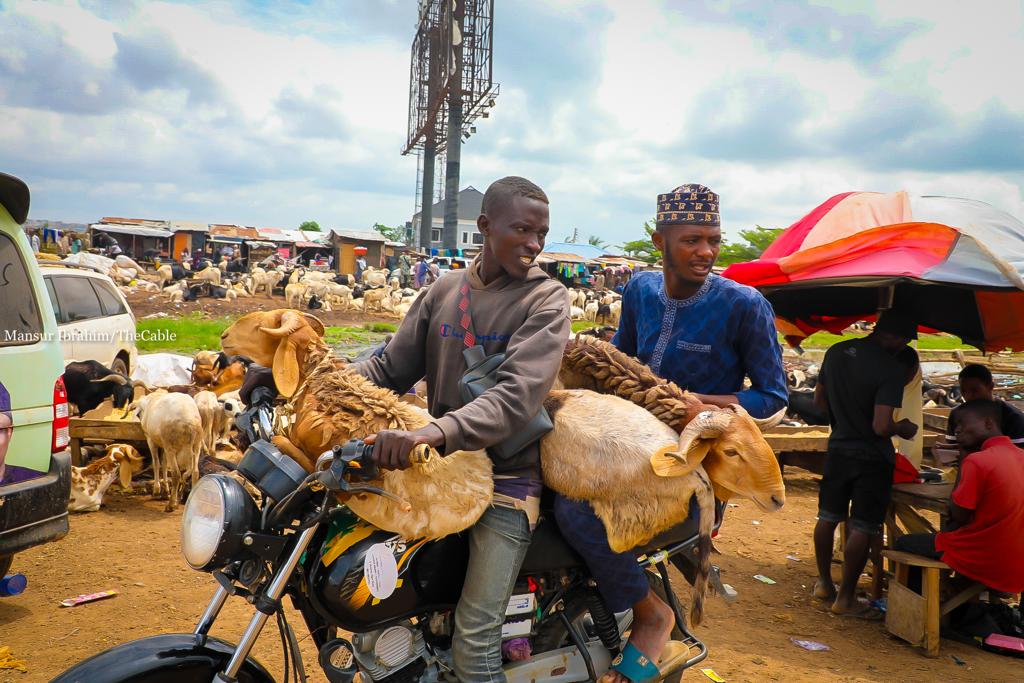
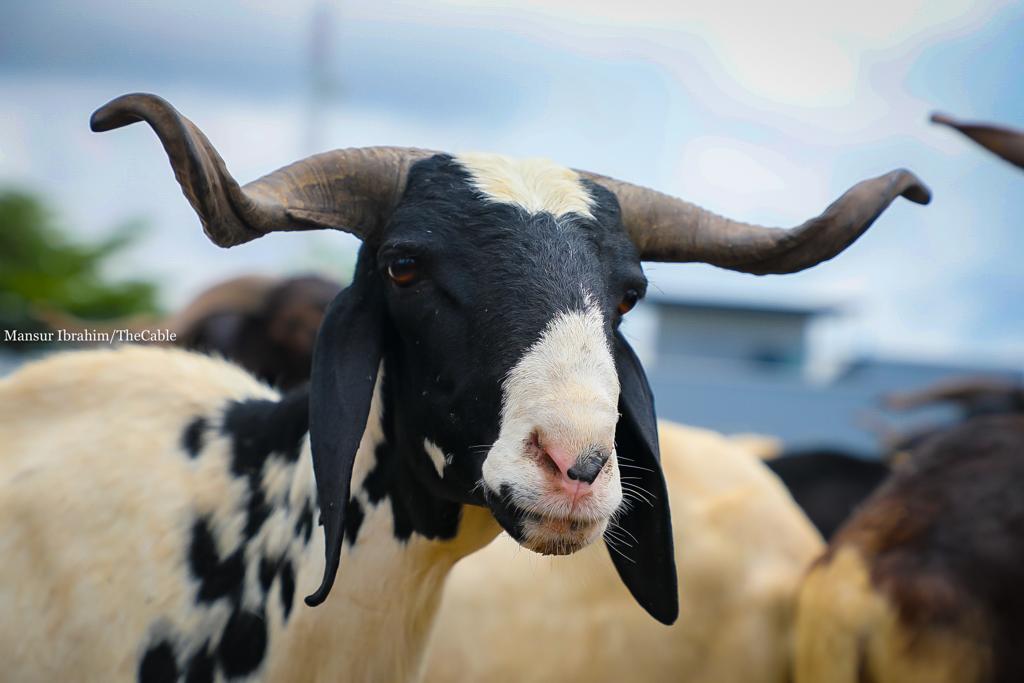
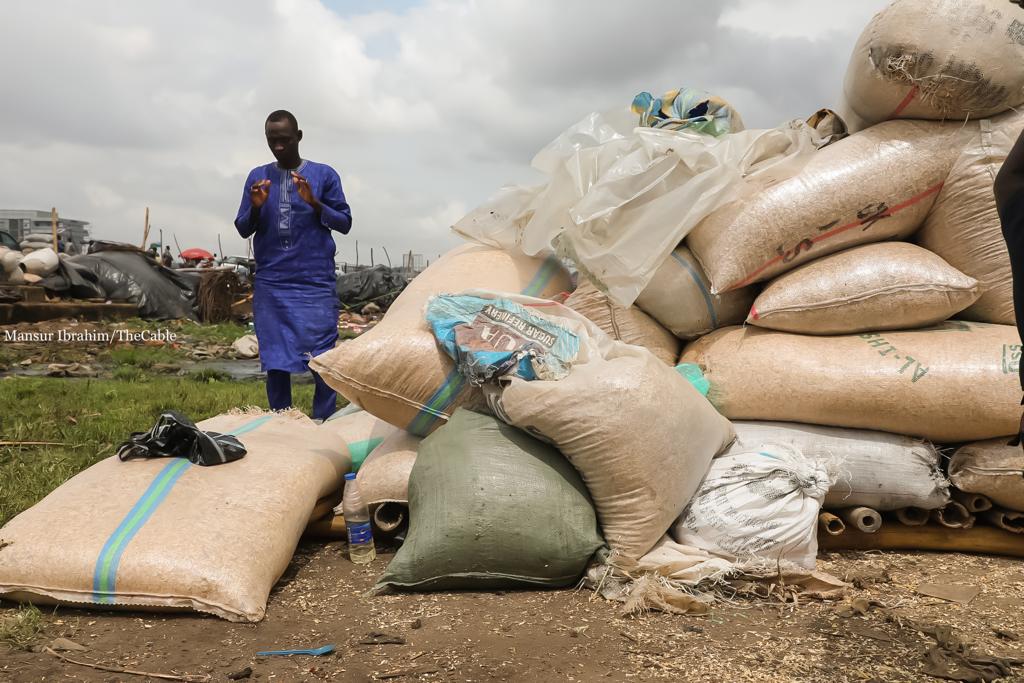
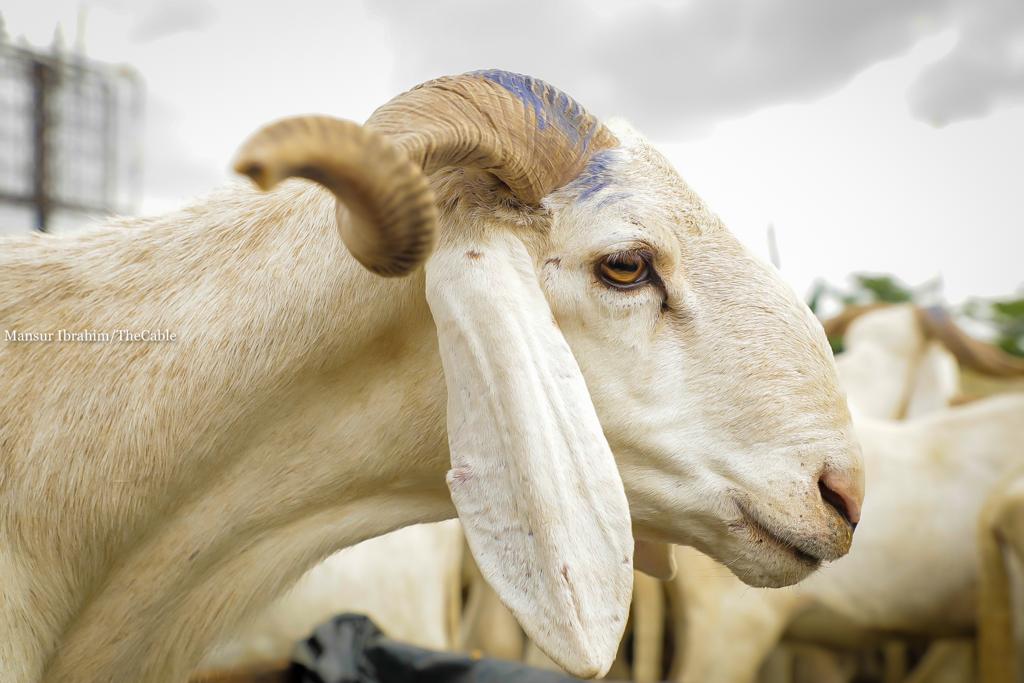
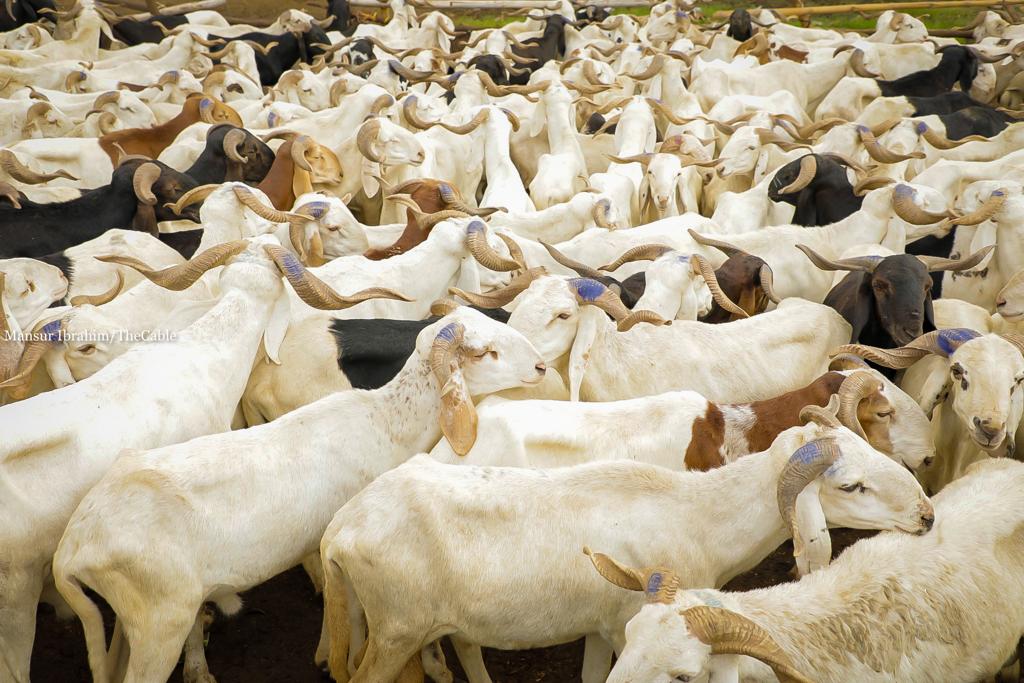
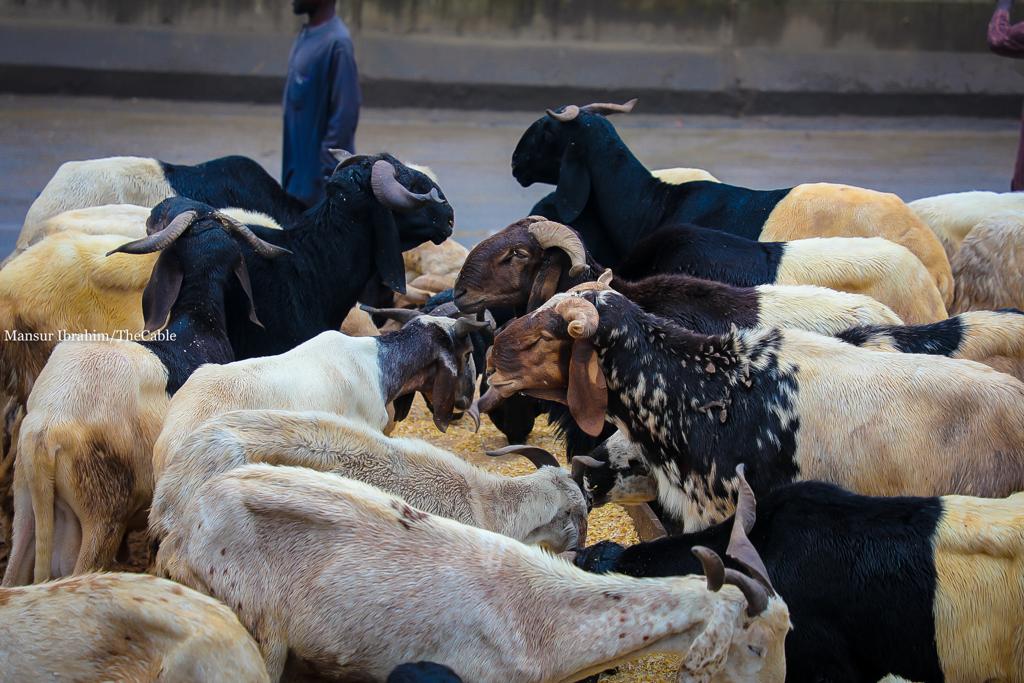
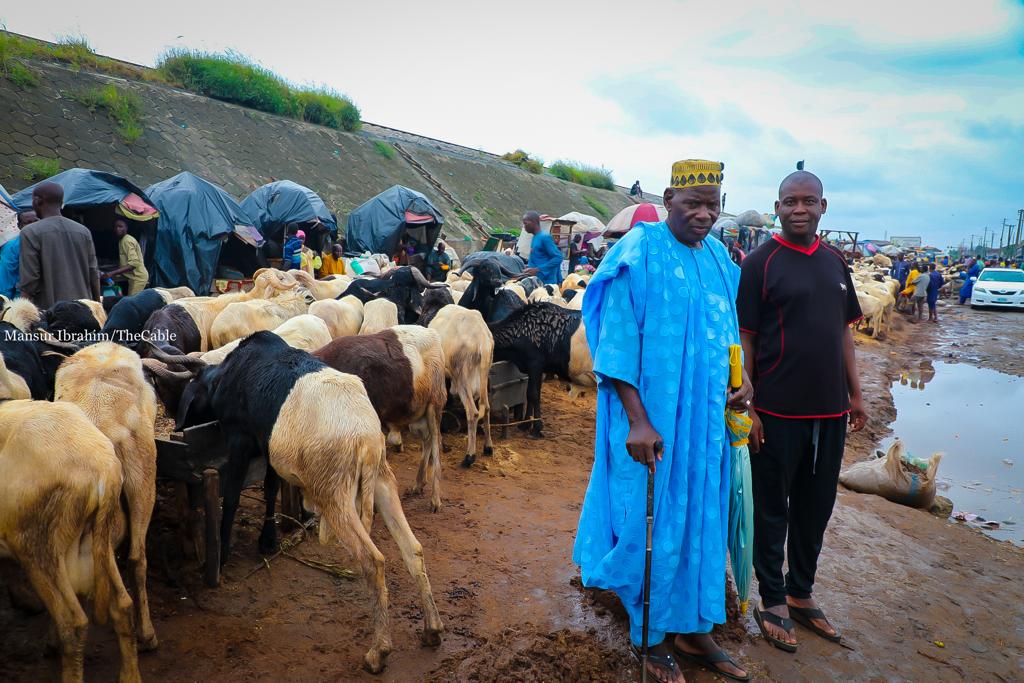
Add a comment
